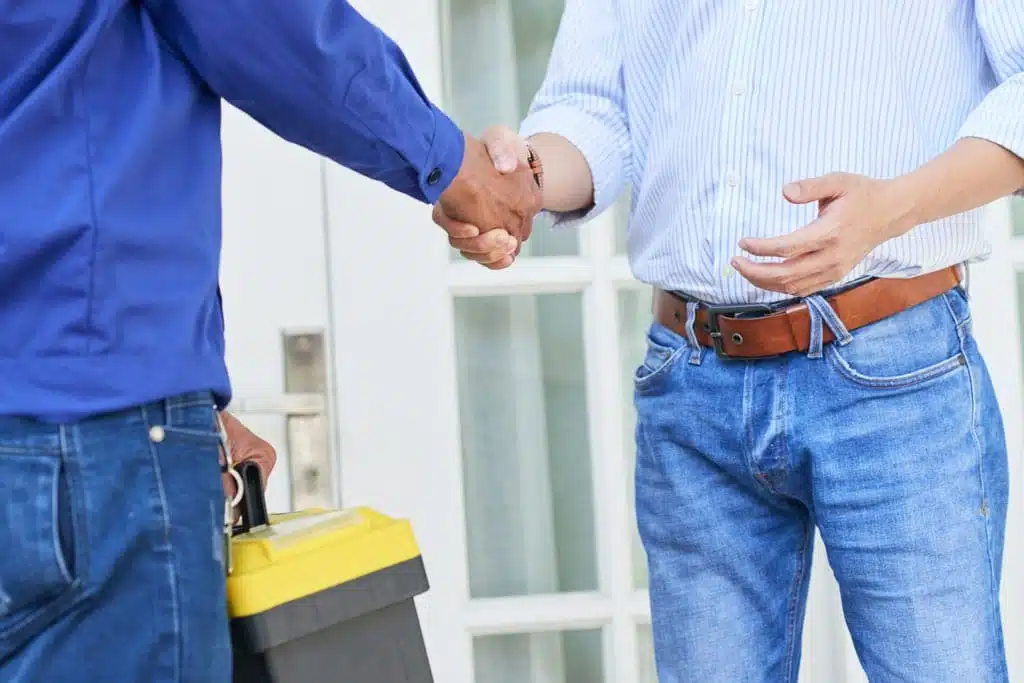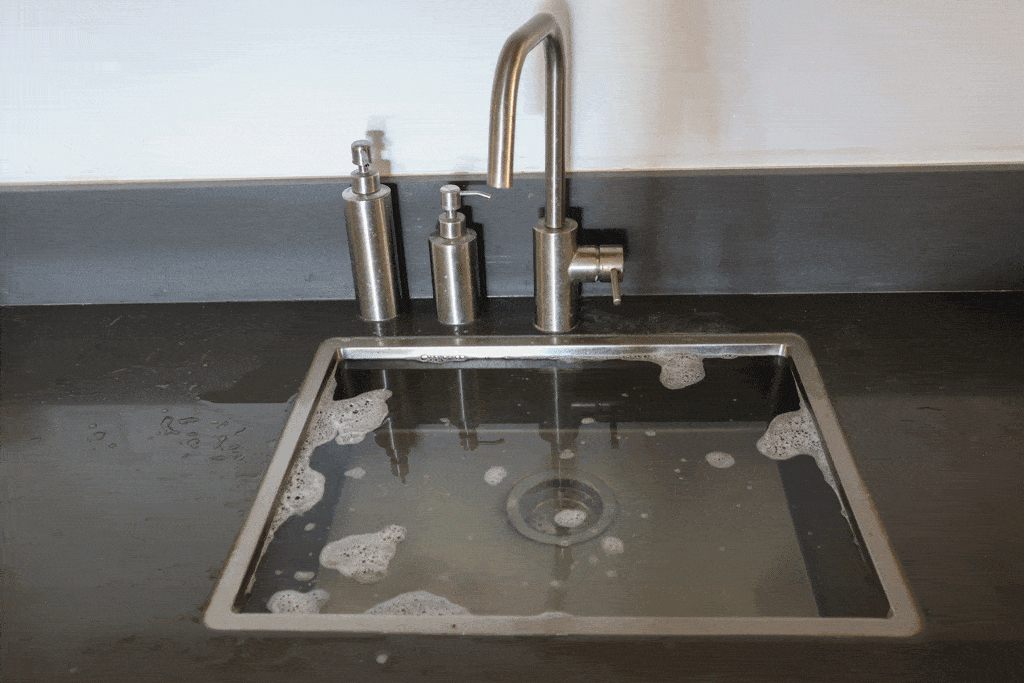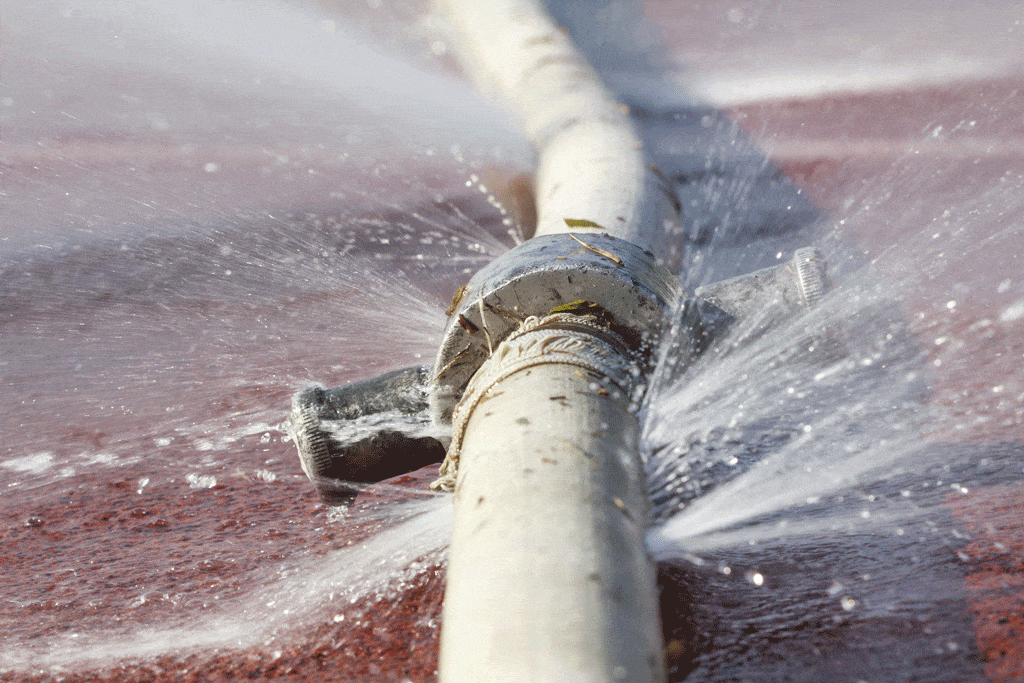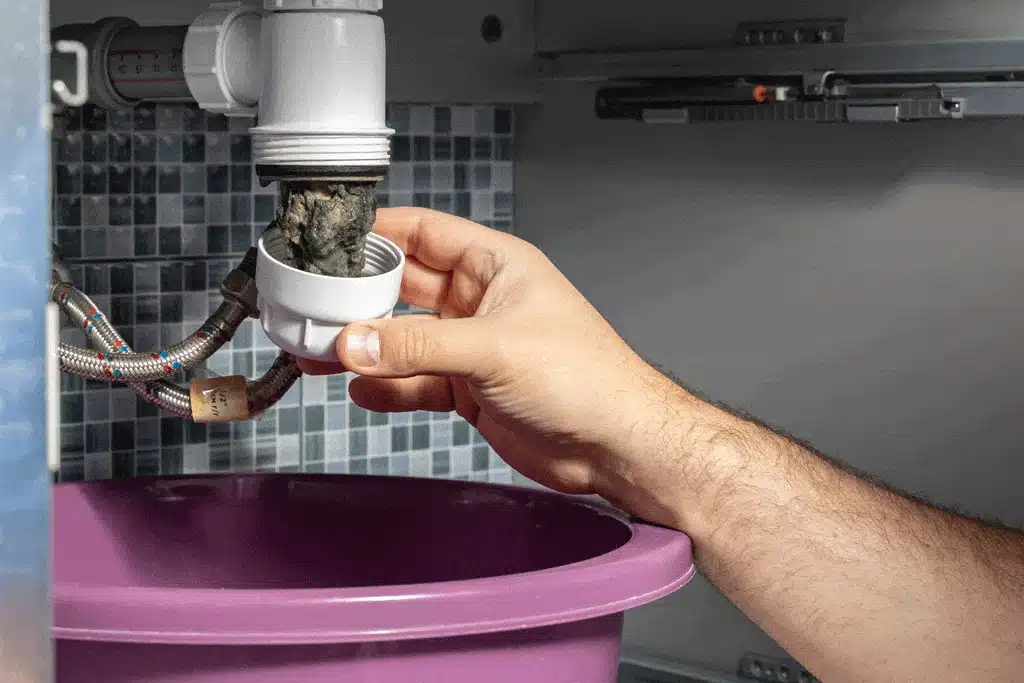Summer in Texas can be sweltering, and with temperatures soaring, water conservation becomes more critical than ever. Are you looking for practical ways to save water and reduce your utility bills during the hot summer months? You’ve come to the right place. This blog will provide you with easy and effective water conservation tips that you can implement right away.
Understanding the Importance of Water Conservation
Water conservation is essential, especially during the hot summer months when demand increases. Conserving water not only helps the environment but also reduces the strain on local water supplies. In places like Arlington, TX, and surrounding cities, being mindful of water usage can contribute to a more sustainable future.
Why Water Conservation Matters
Environmental Impact: Conserving water reduces the energy required to process and deliver it to homes, thereby reducing greenhouse gas emissions. Less water usage means less energy needed for heating, treating, and pumping water, resulting in lower carbon footprints.
Economic Benefits: Lower water bills mean more money saved for other expenses. By cutting down on water usage, households can significantly reduce their monthly utility costs, freeing up funds for other important needs.
Community Impact: Reducing water usage helps ensure that everyone in the community has access to the water they need. During peak summer months, water shortages can become a real concern, and collective conservation efforts can help mitigate these risks.
Assess Your Water Usage
Before diving into specific water conservation tips, it’s essential to understand your current water usage. Conducting a water audit can help identify areas where you can reduce consumption. Here are a few steps to get started:
Check for Leaks: Inspect faucets, toilets, and irrigation systems for any leaks. Even minor drips can lead to substantial water waste over time. Fixing leaks can save thousands of gallons of water annually.
Monitor Your Water Bill: Keep track of your water bill each month to identify any unusual spikes in usage. A sudden increase could indicate a hidden leak or an inefficient appliance.
Use a Water Meter: If you have a water meter, use it to monitor your household’s water consumption. This can help you understand your daily water use and identify patterns. Knowing your typical usage can help set conservation goals and track your progress.
By understanding and assessing your current water usage, you can make informed decisions and prioritize the most impactful conservation strategies.
Practical Water Conservation Tips for Summer
Here are some practical tips to help you conserve water during the summer:
Fix Leaks Promptly
A dripping faucet or a running toilet can lead to significant water waste over time. Regularly inspect your plumbing and promptly repair any leaks. Even a small leak can waste as much as 20 gallons of water each day!
By addressing leaks promptly, you can prevent water waste and save on your utility bills. Regular inspections can help you catch leaks early and avoid costly repairs later.
Install Water-Efficient Fixtures
Think about upgrading to water-efficient fixtures like low-flow showerheads, faucets, and toilets. These fixtures use less water without compromising on performance, helping you conserve water effortlessly.
Water-efficient fixtures can significantly reduce your household’s water usage over time. Plus, these fixtures often come with modern designs that can enhance your home’s aesthetic.
Water Your Lawn Wisely
Lawns can be a major source of water usage during the summer. To reduce evaporation, water your lawn early in the morning or late in the evening. Additionally, consider installing a drip irrigation system to deliver water directly to the roots, reducing waste.
This method ensures that your lawn receives adequate moisture without excessive runoff. Regularly check your irrigation system for leaks or misaligned heads to ensure optimal performance.
Use Mulch in Your Garden
Mulch helps keep the soil moist, reducing the frequency of watering needed. It also helps control weeds, which compete with plants for water. Spread a layer of mulch around your plants to keep the soil cool and moist.
Mulching can also improve soil health by adding organic matter as it decomposes. Different types of mulch, such as wood chips or straw, can also enhance the appearance of your garden.
Plant Drought-Resistant Plants
Choose native or drought-resistant plants that require less water to thrive. These plants are adapted to the local climate and can help you create a beautiful garden that conserves water.
Drought-resistant plants are also typically low-maintenance, making them a great choice for busy homeowners. Research which plants are best suited for your area to maximize water efficiency.
Collect Rainwater
Install a rain barrel to gather rainwater from your roof. This water can be used to irrigate your garden or wash your car. It’s an excellent way to conserve water and reduce your reliance on the municipal supply. Rainwater collection is a simple and sustainable practice that benefits the environment. Ensure your rain barrel is covered to prevent mosquito breeding.
Reduce Shower Time
Cutting your shower time by just a few minutes can save a significant amount of water. Consider using a timer to keep your showers short and sweet.
Reducing shower time not only conserves water but also decreases energy usage for heating water. Encourage family members to adopt this habit to maximize water savings.
Turn Off the Tap
Save gallons of water daily by turning off the tap while brushing your teeth, shaving, or washing dishes. By being mindful of your water usage, you can make a big impact with minimal effort. Small actions, when multiplied by millions of people, can lead to substantial water conservation.
Use a Broom, Not a Hose
Opt for a broom instead of a hose when cleaning driveways and sidewalks. This can save hundreds of gallons of water and is just as effective. Sweeping is a water-free method that keeps your outdoor spaces tidy. It also prevents the runoff of pollutants into storm drains, protecting local waterways
Wash Full Loads
Use your dishwasher and washing machine only when you have full loads. This maximizes water efficiency and reduces the number of times you need to use these appliances.
By ensuring that each load is full, you can make the most out of every wash cycle. Energy-efficient models can further reduce both water and electricity usage.
Implementing these practical water conservation tips can help you save water and reduce your utility bills during the summer months.
Whether you’re in Texas or anywhere else, these strategies are easy to adopt and highly effective. By making these small changes, you can contribute to a more sustainable future and enjoy the benefits of lower water bills.
Outdoor Water Conservation Tips
Check for Sprinkler System Leaks
Regularly inspect your sprinkler system for leaks or misaligned heads. A malfunctioning sprinkler can waste a lot of water without you even realizing it. By fixing these issues promptly, you ensure your irrigation system operates efficiently, conserving water and maintaining a healthy lawn. Regular maintenance checks can prevent long-term damage and save water in the long run.
Adjust Sprinkler Settings
Adjust your sprinkler settings to avoid overwatering. Ensure that your sprinklers are watering the lawn and not the sidewalk or driveway.
Properly calibrated sprinklers help reduce water waste and ensure that your plants receive the right amount of water. Periodically check and adjust settings based on seasonal changes to optimize water usage.
Use a Pool Cover
If you have a swimming pool, cover it to minimize water evaporation. This can save thousands of gallons of water over the course of the summer.
A pool cover also keeps your pool cleaner, reducing the need for frequent refills and maintenance. Additionally, it helps maintain the pool’s temperature, saving energy costs.
Limit Car Washing
Try to wash your car less frequently during the summer. When you do wash it, use a bucket and sponge instead of a hose, or visit a car wash that recycles water.
This practice can save a substantial amount of water and is an eco-friendly way to keep your car clean. Consider using waterless car cleaning products for even more conservation.
Install a Smart Irrigation Controller
Smart irrigation controllers adjust watering schedules according to weather conditions, soil moisture, and plant requirements. This ensures that your landscape receives the right amount of water without waste.
Investing in smart technology can lead to significant water savings and healthier plants. These controllers can also adapt to seasonal changes, further enhancing water efficiency.
Indoor Water Conservation Tips
Use a Dishwasher
Modern dishwashers use less water than washing dishes by hand. Make sure to run your dishwasher only when it’s full to maximize water savings. This not only conserves water but also saves time and energy. Using the eco or energy-saving mode can enhance efficiency even further.
Install a Tankless Water Heater
Tankless water heaters provide hot water on demand, reducing the amount of water wasted while waiting for it to heat up. This can lead to considerable water and energy savings, making your home more efficient. Tankless heaters also take up less space and have a longer lifespan compared to traditional heaters.
Insulate Your Pipes
Insulating your hot water pipes reduces the time it takes for hot water to reach your faucet or shower, thereby conserving water and energy. This simple upgrade can improve your home’s overall efficiency and reduce utility costs. Insulation also prevents pipes from freezing in winter, protecting your plumbing system.
Opt for Shorter Baths
If you prefer baths over showers, try to limit the amount of water you use. A partially filled tub can be just as relaxing and refreshing as a full one. Being mindful of your bath water usage can lead to significant water conservation. Adding bath oils or salts can enhance the bathing experience without needing a full tub.
Reuse Water
Save the water used to rinse fruits and vegetables and use it to water your plants. Every little bit helps when it comes to water conservation. This practice is a great way to make use of water that would otherwise go down the drain, helping your garden thrive. Using a bucket to collect shower warm-up water for plant watering is another effective strategy.
Community Efforts and Awareness
Participate in Community Programs
Many communities offer programs and incentives to encourage water conservation. Check with your local water utility to see what programs are available in your area. Participating in these programs can provide valuable resources and support for your conservation efforts.
Educate Your Family and Friends
Spread the word about the importance of water conservation. Encourage your family and friends to adopt water-saving habits and make a collective effort to conserve water. Sharing tips and information can inspire others to make a positive impact.
Support Local Conservation Efforts
Support local organizations and initiatives that promote water conservation. Your involvement can make a significant impact on your community’s water usage. Volunteering or donating to these causes can help drive meaningful change.
Sustainable Practices for Water Conservation
Harvest Greywater
Greywater from sinks, showers, and washing machines can be reused for irrigation. Set up a greywater system to recycle water for your garden, reducing the need for tap water. This sustainable practice can significantly decrease your household water consumption.
Install a Smart Irrigation System
Smart irrigation systems adjust watering schedules based on weather conditions and soil moisture levels, optimizing water usage and preventing overwatering. Investing in a smart irrigation system ensures your plants receive the right amount of water while minimizing waste.
Upgrade Appliances
Modern appliances are designed to be more water-efficient. Consider upgrading to a water-efficient dishwasher, washing machine, and toilet to conserve water. These upgrades not only save water but also reduce energy consumption and utility bills.
Regular Maintenance
Regularly inspect and maintain your plumbing systems to prevent leaks and inefficiencies. Schedule annual check-ups with Tioga Plumbing & Electric to ensure your systems are in top condition. Proper maintenance can extend the lifespan of your plumbing and maximize water conservation.
Implementing these community efforts and sustainable practices can greatly enhance your water conservation efforts. By working together and adopting eco-friendly habits, we can make a significant impact on water usage in Texas and beyond. Remember, every small effort contributes to a more sustainable future.
Let Tioga Plumbing & Electric Help You Save Water!
Ready to take your water conservation efforts to the next level?
Tioga Plumbing & Electric is here to help. Whether you need plumbing repairs, efficient fixture installations, or expert advice on water conservation, we’ve got you covered.
Our experienced team is dedicated to providing top-notch services to ensure your home is as water-efficient as possible.
Reach out to us today to learn more about our services and how we can assist you in Arlington, TX, and the surrounding areas.
Call us now and start saving water and money! Don’t wait—take the first step toward a more sustainable home today.
FAQs
Why is water conservation important during the summer?
Water conservation is crucial during the summer because higher temperatures lead to increased water usage for activities like watering lawns, filling pools, and staying cool. Conserving water helps ensure there is enough supply for everyone, reduces the strain on local water resources, and can significantly lower your utility bills. Additionally, it helps protect the environment by reducing the energy required to process and deliver water.
What are some simple ways to reduce water usage at home?
Simple ways to reduce water usage at home include fixing leaks promptly, installing water-efficient fixtures, using mulch in your garden, watering your lawn early in the morning or late in the evening, reducing shower time, turning off the tap while brushing your teeth or washing dishes, and only running your dishwasher and washing machine with full loads. These small changes can lead to significant water savings.
How can I make my garden more water-efficient?
You can make your garden more water-efficient by planting drought-resistant or native plants that require less water, using mulch to retain soil moisture, installing a drip irrigation system to deliver water directly to plant roots, and collecting rainwater for irrigation. Additionally, watering your garden during cooler parts of the day can minimize evaporation and maximize water absorption.
What are the benefits of installing a smart irrigation system?
Smart irrigation systems offer several benefits, including optimizing water usage based on weather conditions, soil moisture levels, and plant needs. These systems help prevent overwatering, reduce water waste, and ensure that your landscape receives the right amount of water. This can lead to healthier plants, lower water bills, and more efficient water usage.
How can I involve my community in water conservation efforts?
You can involve your community in water conservation efforts by participating in local programs and incentives offered by water utilities, educating family and friends about the importance of water conservation, supporting local organizations and initiatives that promote water-saving practices, and sharing tips and information through social media or community events. Collaborative efforts can amplify the impact of individual actions and contribute to a more sustainable community.
Taking a bite out of Your Plumbing & Electrical needs
Other Electrical & Plumbing Services

Taking a bite out ofYour Plumbing & Electrical needs
We make fixing your home easier than ever. Whether it’s a leaky pipe, faulty wiring, or an urgent repair, our experts deliver fast, reliable solutions you can count on.
















